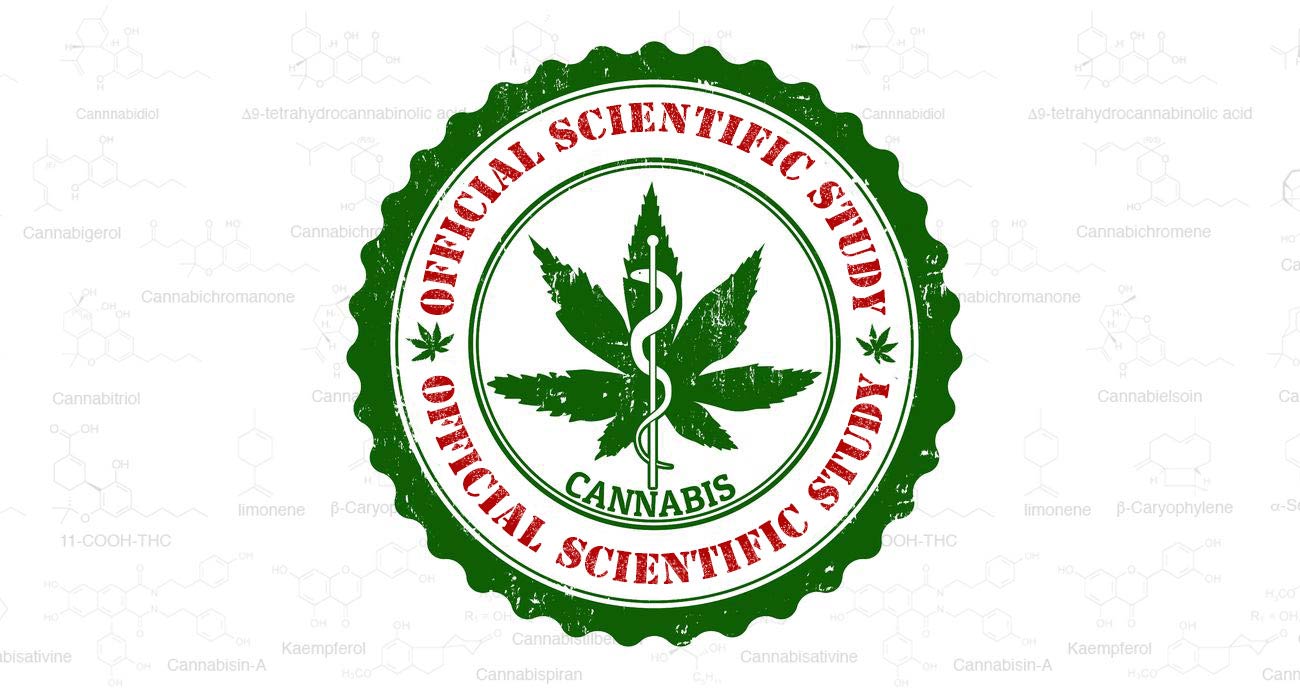ABSTRACT:
Similar to clinically used antidepressants, cannabinoids can also regulate anxiety and depressive symptoms. Although the mechanisms of these effects are not completely understood, recent evidence suggests that changes in endocannabinoid system could be involved in some actions of antidepressants. Chronic antidepressant treatment modifies the expression of CB1 receptors and endocannabinoid (EC) content in brain regions related to mood and anxiety control. Moreover, both antidepressant and cannabinoids activate mitogen-activated protein (MAP) kinase and phosphoinositide 3-kinase(PI3-K)/Akt or PKB signaling, intracellular pathways that regulate cell proliferation and neural cell survival. Facilitation of hippocampal neurogenesis is proposed as a common effect of chronic antidepressant treatment. Genetic or pharmacological manipulations of cannabinoid receptors (CB1 and CB2) or enzymes responsible for endocannabinoid-metabolism have also been shown to control proliferation and neurogenesis in the hippocampus. In the present paper we reviewed the studies that have investigated the potential contribution of cannabinoids and neurogenesisto antidepressant effects. Considering the widespread brain distribution of the EC system, a better understanding of this possible interaction could contribute to the development of therapeutic alternatives to mood and anxiety disorders.
Read full study here

